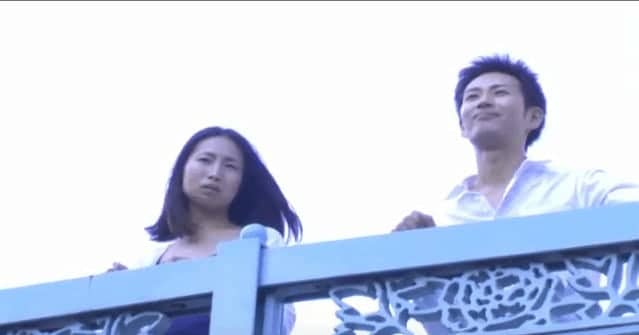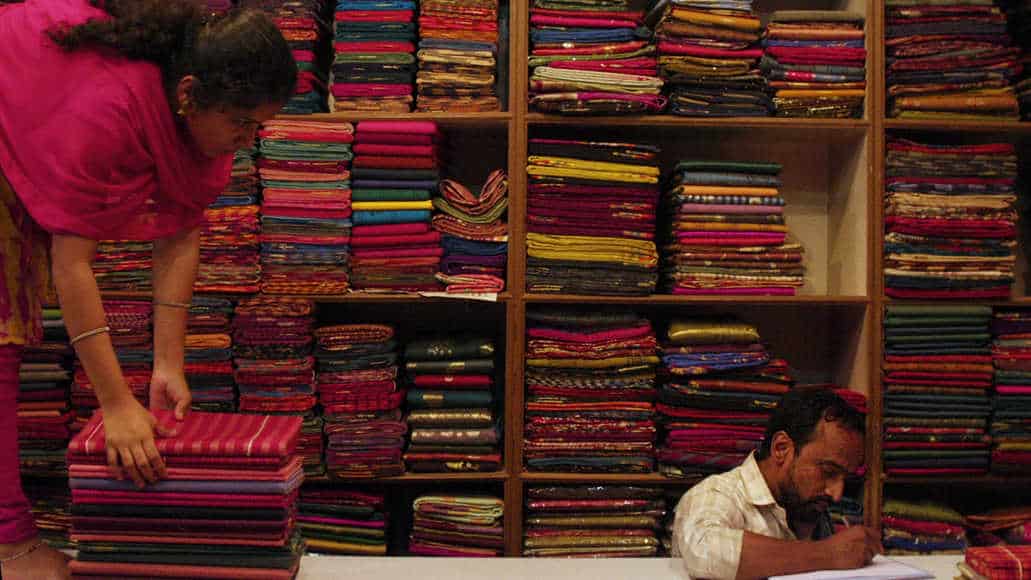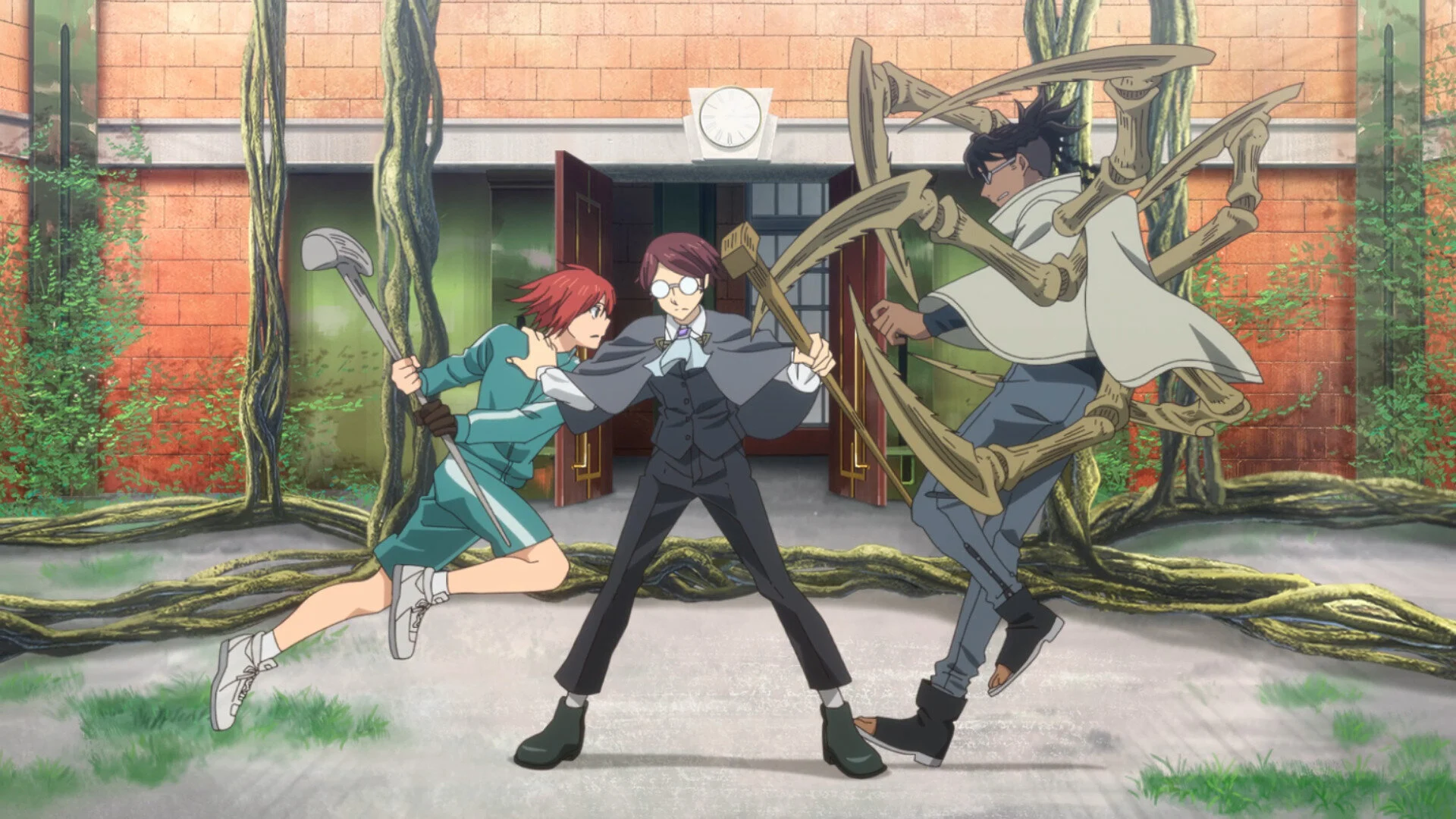Having spent the last ten years living together, siblings Sui and Shun have found dependency and love within their relationship. However, Sui has fallen deeply in love with her brother and wants an intimate relationship, of which Shun struggles to come to terms with. When news of their father passing away come their way and another sibling begins to interfere with their lives, Sui becomes desperate to win over her brother's love.
“Summer Purification” takes an intricate and meditative approach on the subject of incestuous relationships, allowing its protagonists a great degree of empathy, on an issue often met with scorn. The movie manages this through an engaging script, that plays well into its characters' internal struggles, allowing interactions with others to give a broader perspective of the sibling struggles with falling in love. With a subplot of the film revolving around a theater troupe, the movie does play well into the tragedy genre, while also showing an inclination towards a deeper understanding of psychology. With the subject of incest in film mostly lying in shock value or a way to vilify, the humane approach the story takes towards its subjects is refreshing, and is the definite highlight of the production.

However, that is not to say that the script and execution of some of the plot devices are not without error. Notably, the introduction of the identical twin of Shun is rather shambolic. With the two having same wardrobe, the question arises early on, whether or not Shun is struggling with a split personality. This is not really addressed until later on in the story, but the persistent confusion acts to disengage the viewer from many of the complexities within the production that is exceptionally executed. With moments such as these, the script does become convoluted at points, actively requiring the viewer to try to fill in the gaps to keep pace with the narrative.
The technical presentation is notably lacking, even within the realm of lower budget, indie productions, with an aesthetic most closely tied to early VHS cameras. Most notably, the muddied visuals inhibit the actor's ability to really explore the complexity of their characters. This comes in the form of audio pops during louder emotional scenes, and color saturation which is either too bright or dark to see the actors' facial expressions. Director Tokio Oohara does display an understanding of properly framing of shots, making the abhorrent visual and audio quality all the more frustrating.

“Summer Purification” boasts a complex, Freudian nightmare of a narrative, that managed to keep me engaged in spite of the lackluster visual presentation. With a script that has a great deal of depth and emotional complexities, the content really feels like it would be better geared towards a stage play that allows the actors to be more vocal and animated. My final impressions were greatly mixed, but towards offering praise, I did notice my constant sentiment “this would make for an amazing theater play” hovering over many different scenes. To me, this reflects that Tokio Oohara has immense talent as a writer. Unfortunately, her ability as a filmmaker is questionable, even with the assumption that a complex melodrama could be viable when faced with extreme budgetary restraints that destroys the nuances that would appeal to a production of this ilk. Regardless, I am excited for possible future productions off the back of a script, with the caveat of desperately needing a visual overhaul.















